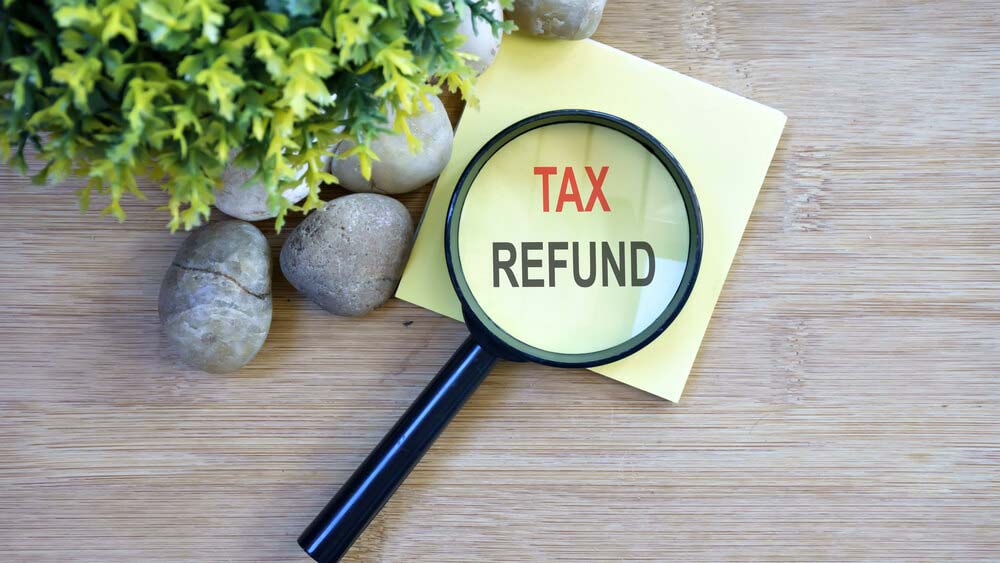The average tax refund 2024 has been a source of joy for many Americans, with the promise of a hefty sum returning from Uncle Sam’s coffers. However, experts caution that this windfall might not be as beneficial as it seems, urging taxpayers to reconsider their withholding strategies to maximize financial gains throughout the year.

Beware of Oversized Refunds
Many Americans eagerly anticipate the arrival of their average tax refund 2024, often viewing it as a financial boon. However, experts like Janet Holtzblatt from the Tax Policy Center warn that receiving a large refund could indicate a significant financial oversight. Instead of treating it as a bonus, taxpayers should recognize that the money was theirs all along, needlessly tied up in government coffers.
Michelle Su, a CPA, echoes this sentiment, emphasizing that consistently large tax refunds signify overwithholding—a practice that essentially provides the government with an interest-free loan while depriving individuals of the opportunity to utilize their money wisely. In an era marked by escalating household debt and soaring borrowing rates, the importance of optimizing financial resources becomes paramount.
Despite the allure of a sizable refund, experts underscore the importance of channeling funds into more lucrative avenues, such as debt reduction or savings accounts. With credit card debt reaching record highs and interest rates soaring, the opportunity cost of forgoing proper withholding becomes increasingly evident, urging taxpayers to reassess their financial strategies.
READ ALSO: Tax Benefits for Volunteer Firefighters: Montgomery County’s New Initiative
Strategies for Financial Optimization
As the allure of the average tax refund 2024 begins to wane, taxpayers are encouraged to explore alternative strategies for maximizing their financial well-being. One such approach involves recalibrating withholding allowances through the submission of a revised W-4 form to employers. By adjusting withholdings to align with actual tax liabilities, individuals can unlock greater financial flexibility and mitigate the risk of underpayment penalties.
Furthermore, experts caution against overlooking significant life changes that may necessitate adjustments to withholding status. Whether it’s marriage, divorce, or changes in filing status, failing to update withholdings can lead to unexpected tax liabilities and potential penalties. By remaining vigilant and proactive in managing tax withholdings, individuals can navigate financial complexities with confidence and clarity.



